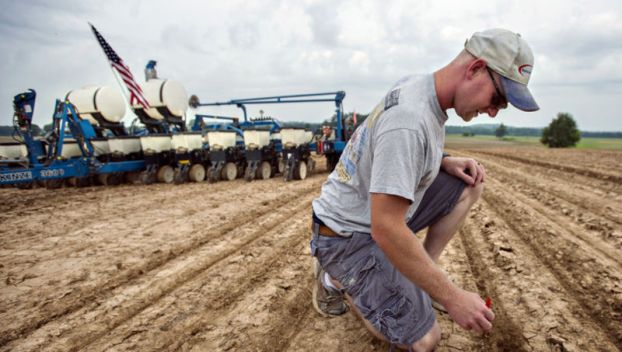News
State’s corn production may set record
The U.S. Department of Agriculture’s National Agricultural Statistics Service’s August crop production report for Kentucky shows a potential ... Read more
The U.S. Department of Agriculture’s National Agricultural Statistics Service’s August crop production report for Kentucky shows a potential ... Read more

American farmers are once again caught in the crosshairs of a trade war between the U.S. and China. ... Read more

This week’s announcement that Kentucky Gov. Matt Bevin has submitted an emergency disaster designation request to help the ... Read more
It’s hard to argue with the premise behind President Donald Trump’s tariffs on Chinese exports to the United ... Read more